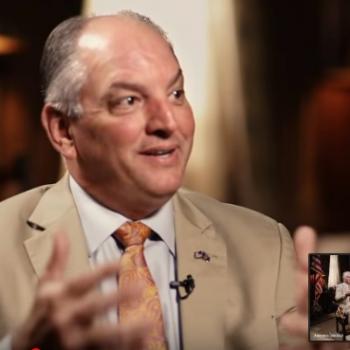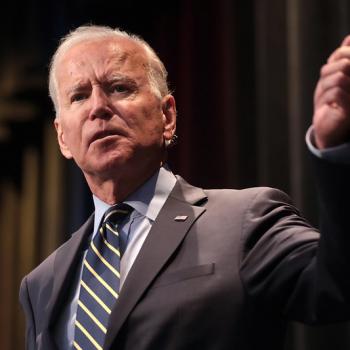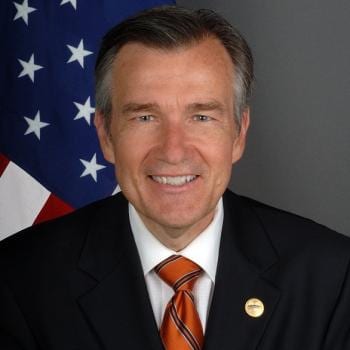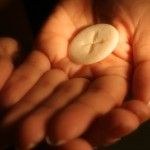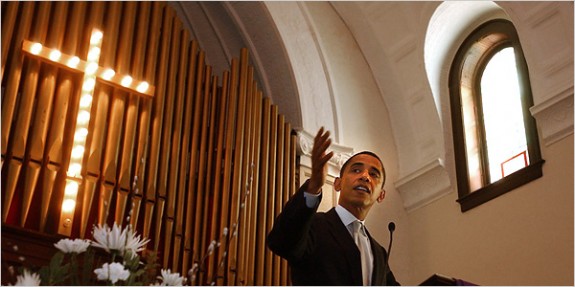
Details, from the Associated Press:
In 2008, Barack Obama took aim at the “pew gap,” the overwhelming Republican edge among voters who regularly attend church.
The Democratic presidential nominee came nowhere near closing it, but he didn’t have to. He just needed an extra percentage point or two among traditional GOP constituents, and he got it.
The Democratic National Committee is promising a repeat performance in 2012. But some religious leaders and scholars who backed Obama in 2008 are skeptical. They say the Democrats have, through neglect and lack of focus, squandered the substantial gains they made with religious moderates and worry it will hurt Obama in a tight race against Republican Mitt Romney.
The DNC’s faith outreach director, the Rev. Derrick Harkins, said the party has strong relationships with religious groups. But as evidence of their concerns, critics point to the public debate that followed Obama’s endorsement of gay marriage, a decision the president said was based in part on his Christian faith.
No prominent clergyperson was sent out as a surrogate by the administration to explain the religious argument in favor of same-sex relationships. Instead, the main religious voices connected to Obama in the public sphere were the ministers who serve as his personal spiritual advisers and generally oppose gay marriage. Those ministers who were willing to comment _ many weren’t _ said they were struggling with Obama’s decision.
“I think there is a viable religious left who can be persuaded by a carefully articulated religious argument, but no one is making it,” said Valerie Cooper, a religious studies professor at the University of Virginia and Obama supporter. “I’m concerned that the administration has not followed through on the promise of 2008.”
Cooper recently attended a White House briefing for academics on the work of the Office of Faith-Based and Neighborhood Partnerships. She and other religious scholars say they understand that pressing issues such as the economy had to be the priority. Still, they argued more could have been done to broaden the party’s tent.
“I get frustrated when I talk to evangelical friends or students and they ask, `How can you be a Christian and a Democrat?'” Cooper said.
David Kim, a Connecticut College religious studies professor, helped advise the 2008 campaign when videos of incendiary sermons by the Rev. Jeremiah Wright, Obama’s former Chicago pastor, threatened to derail the nominee. Kim, who attended the briefing with Cooper, described the administration’s faith-based work as “ad hoc” and “with no long-term strategy.”
“I didn’t really get a clear sense of what the mission is,” Kim said.


